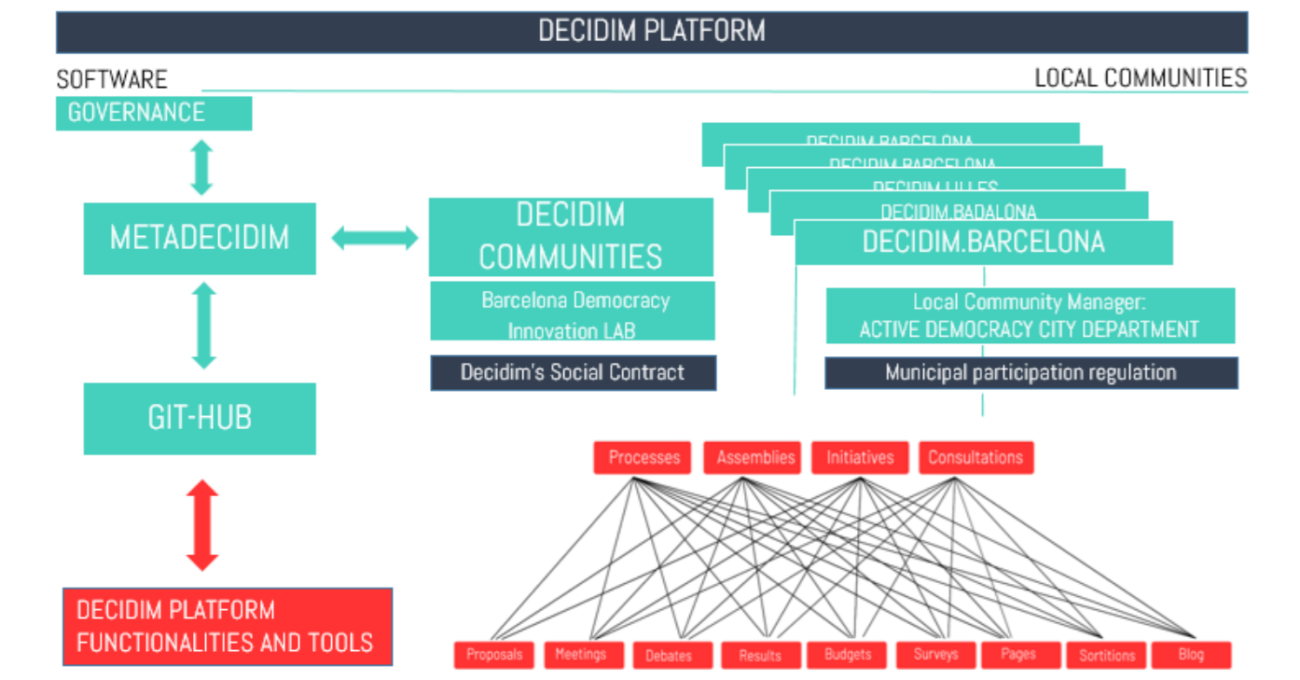
Co-creation amongst actors will play an increasingly important role in XXI century’s society. This feature will not only be important to support and ensure impact achievement in research and innovation activities and projects, but will also characterize the changing role of policy makers. The role of public institutions and policy makers is indeed undergoing deep transformations, and a strong requirement for the public administration of tomorrow will be, indeed, the capacity of moderating and orchestrating the dialogue amongst different actors, interests and needs.
SISCODE has investigated these ongoing transformations, analyzing eleven case studies of public sector innovation (PSI) or policy labs in the EU, to better understand how co-creation was managed in diverse situations and contexts in relation to policy making. In the deliverable “Transformation in Science, Technology and Innovation Policy Making: Trends, Opportunities and Barriers”, we provided an account of methodologies, processes and tools being experimented in Europe to solve and create new policies, services and solutions, at the municipal, regional and national level.
In particular, the report focused its analysis, and tried to extract conclusions, on the following aspects: relationship between policy labs initiatives and the wider political context; relationship between politics and policies; economic sustainability model of policy labs; impact of policy lab on organizational transformation; impact of policy labs in creating and maintaining new stakeholder networks; design methodologies used and assessment frameworks.